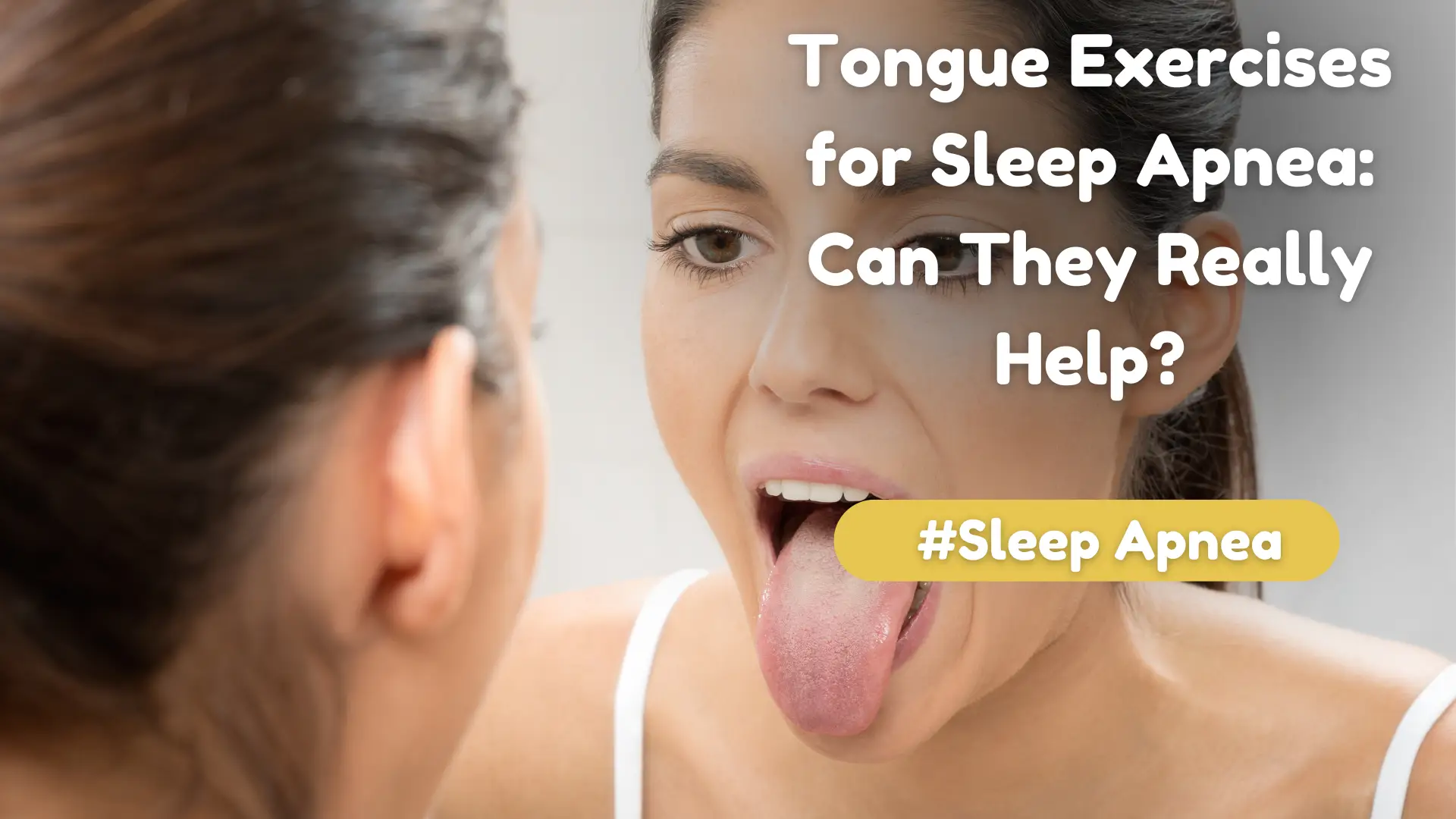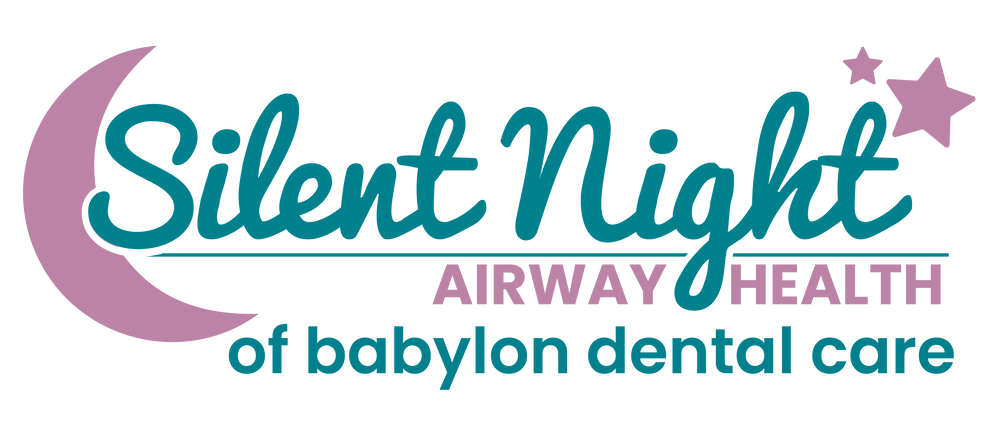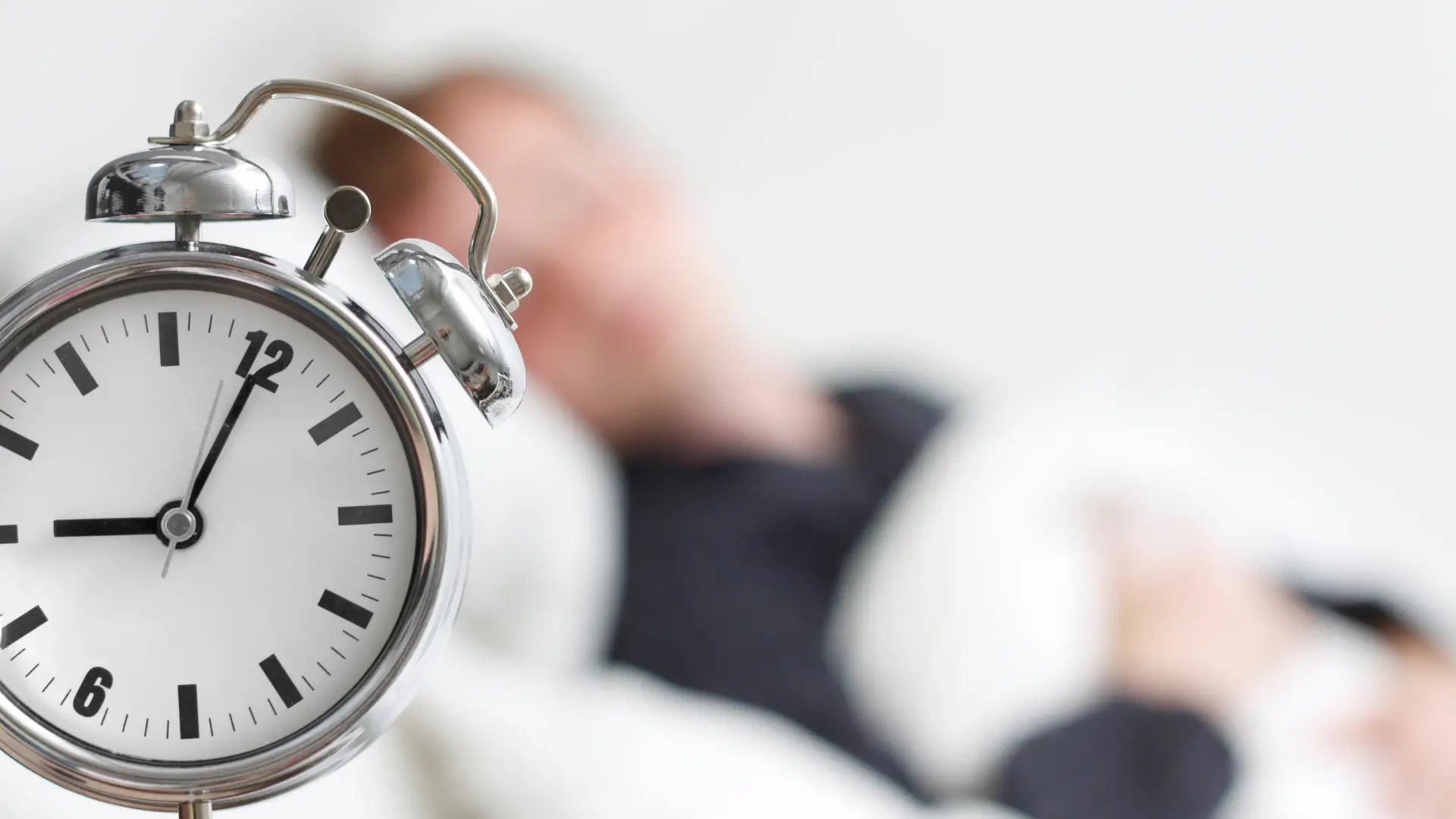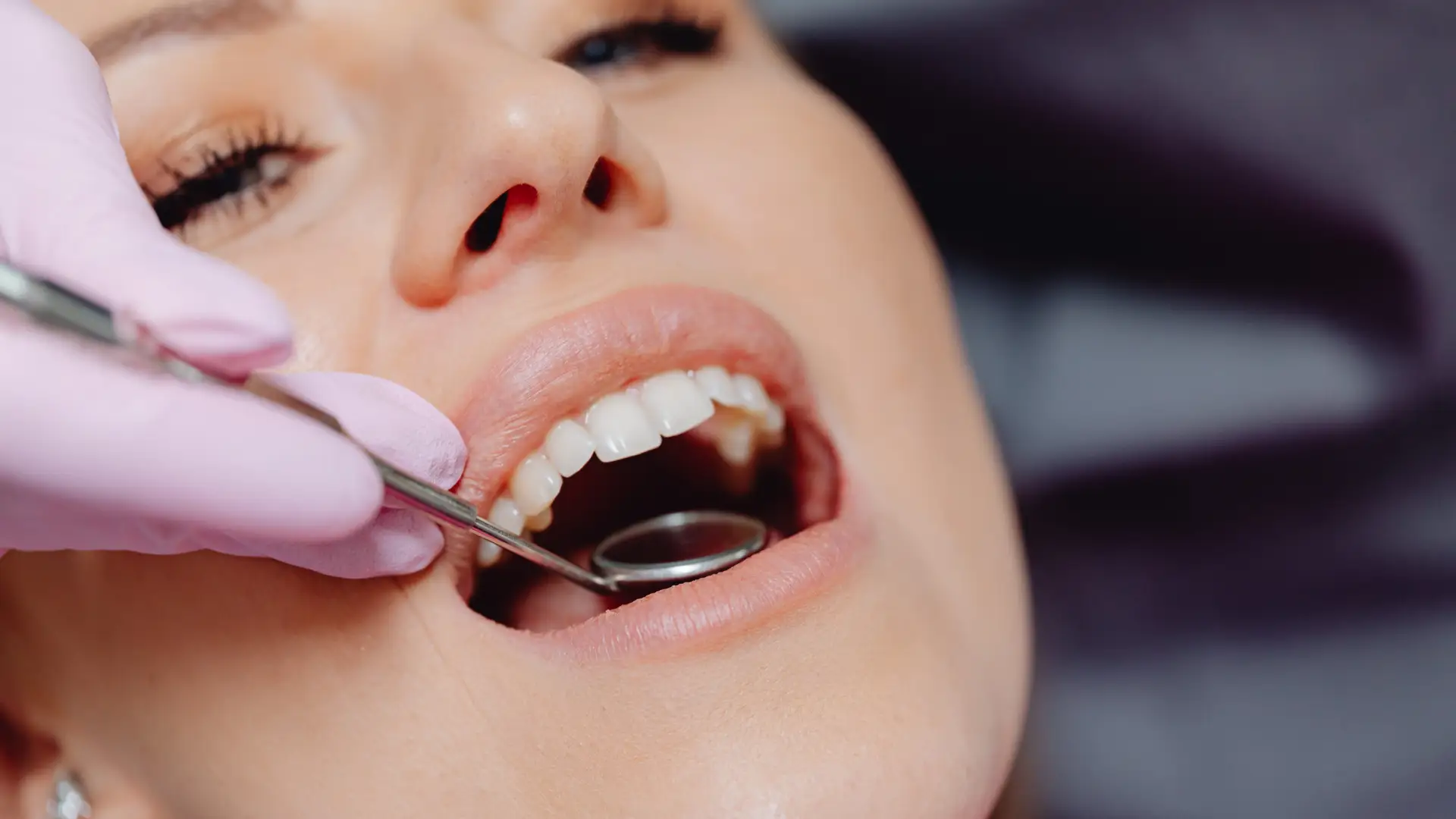Tongue Exercises for Sleep Apnea: Can They Really Help?
Posted By:
October 9, 2025
6:16 PM


Obstructive sleep apnea (OSA) affects millions of people worldwide, causing not only excessive fatigue but a host of serious health risks. While traditional treatments, such as CPAP machines or mouth guards, are highly effective, not everyone finds them comfortable. That’s why many New York residents are now turning to tongue exercises for sleep apnea.
But are tongue exercises actually helpful?
The answer to that question is complicated, but in short, tongue exercises can help sleep apnea sufferers in some instances. Let’s explore how these exercises supposedly work, some potentially effective routines, and who might benefit the most from them.
How Tongue Exercises Help with Sleep Apnea
Sleep apnea is caused by airway collapse during sleep. When the structures of the throat, including the tongue and soft palate, relax excessively, they can obstruct airflow, causing pauses in breathing. Obstructions to breathing during sleep can lead to loud snoring and poor overall sleep quality.
Tongue and other upper airway exercises target the oral, pharyngeal, and soft palate muscles, helping to strengthen these areas. By improving muscle strength, these exercises can potentially reduce airway collapse, promoting nasal breathing over mouth breathing. Nasal breathing can decrease snoring and help you get better rest.
Studies show that consistent tongue exercises lead to measurable improvements in sleep quality. For some, these exercises may serve as a complementary therapy to improve the efficacy of other forms of treatment. For others, it may serve as a CPAP alternative, offering a more comfortable, non-invasive sleep apnea treatment.
Five Effective Tongue Exercises for Sleep Apnea
You can start right now if you want to enjoy the snoring reduction and sleep improvement benefits of tongue and throat exercises. Just take a look at the following:
Tongue Slide
The tongue slide exercise strengthens the pharyngeal muscles and helps prevent airway collapse during sleep:
- Place the tip of your tongue against the soft palate
- Slide it backward as far as possible without straining
- Repeat 10-15 times, several times a day
The “Roof of Mouth” Press
The “roof of mouth” press targets oral muscles to improve nasal breathing and reduce snoring:
- Press your tongue firmly against the roof of your mouth
- Hold for 5-10 seconds, then release
- Repeat 10-15 times
Cheek Resistance Exercise
This exercise helps stabilize throat muscles and supports the airway during sleep, preventing collapse and sleep disturbances:
- Place your tongue against one cheek
- Push your tongue outward while resisting with your hand
- Switch sides and repeat
Soft Palate Lifts
This exercise reduces snoring by strengthening the soft palate:
- Open your mouth wide
- Say “Ahhh,” lifting the soft palate
- Hold for a few seconds and repeat 10 times
Tongue Stretch and Hold
Tongue stretch and holds improve the flexibility of oral muscles and support better breathing during sleep:
- Stick your tongue out as far as possible
- Lift your tongue towards your nose
- Hold for 5-10 seconds, then relax
The most important thing to remember about these exercises is that consistency is key. If you can create a regular daily habit, you will see results eventually. While the extent of those results may vary, improving muscle tone and airway stability can improve sleep apnea symptoms for many patients.
Who Can Benefit from Tongue Exercises?

- Mild to Moderate OSA Patients: Those with less severe airway obstruction may find that tongue exercises reduce symptoms enough to complement or even replace a CPAP device.
- Snorers: Individuals who struggle primarily with snoring may notice a marked improvement in sleep quality. If the snoring is reduced or eliminated, those improvements may extend beyond the patient to their partner.
- People Seeking CPAP Alternative: If a CPAP device doesn’t bother you, tongue exercises may not be necessary. If it does, they can potentially offer a great non-invasive solution, as could oral appliances.
It’s important to note that while throat exercises can be beneficial, they are not a complete replacement for medical evaluation. Severe sleep apnea sufferers may still require professional interventions, including CPAP therapy, oral appliances, or surgical options.
Contact Silent Night Therapy Today
Untreated sleep apnea poses several risks to long-term health. While tongue exercises can help, a professional evaluation is essential to determine the most effective treatment. To schedule your appointment, contact Silent Night Therapy by completing the online form or calling (631) 983-2463.
Related Posts:



